In this article
- Why is commercial kitchen cleaning so important?
- How do i clean an industrial kitchen effectively?
- Other commercial kitchen cleaning tasks
- What is colour-coded kitchen cleaning?
- What is commercial kitchen deep cleaning?
- What equipment do I need?
- What is a food hygiene rating?
- Should i hire professional kitchen cleaners?
Why is commercial kitchen cleaning so important?
Grease and dirt build up quickly in catering environments and commercial kitchens can be a breeding ground for bacteria. Following commercial kitchen cleaning procedures will reduce the risk of foodborne illnesses such as E. coli and Salmonella.How common are foodborne illnesses?
According to Food Safety News, there are around 2.4 million cases of foodborne illnesses in the UK every year resulting in 180 deaths. Having an outbreak at your catering business can cause irreversible damage to your reputation, leading to huge financial losses. Failing to follow an industrial kitchen cleaning schedule can have severe consequences and hygiene should be a top priority for every catering business.Food Standards Agency Regulations
Food hygiene standards are very high and catering businesses must adhere to the Food Standards Agency Regulations in order to remain open. Failure to comply with these requirements can lead to hefty fines and your catering business may be forced to close. Following the correct commercial cleaning procedures will help to prevent cross-contamination and ensure that you are complying with the relevant food hygiene standards and regulations.How do I clean an industrial kitchen effectively?
Commercial kitchens have a large amount of equipment such as ovens, sinks, and other kitchen appliances. These items must be cleaned regularly to ensure they are hygienic and safe to use. Below, we will explain how to clean a commercial kitchen by outlining some of the most common industrial kitchen cleaning tasks.How to clean a kitchen sink
According to research carried out by the Global Hygiene Council, kitchen sinks have over 17,000 bacteria per square inch and an additional 13,000 can be found on the tap. Kitchen sinks are exposed to a lot of kitchen waste, so you must disinfect them as part of your regular kitchen cleaning schedule.- Clean your kitchen sink daily using a quality multi-purpose antibacterial sanitiser like Byotrol 4-in-1 multi-purpose cleaner. This premium hygiene solution offers 24-hour protection and has been formulated to kill 99.9% of known bacteria and viruses including E.coli, Norovirus, and Covid-19.
How to clean a kitchen floor
Food and beverages often get dropped or spilled on floors in busy commercial kitchens. This presents a health hazard as employees can easily slip and injure themselves.
Regular kitchen floor cleaning will help you maintain a safe environment and keep your kitchen floors in good condition for longer.
- Mops floors with an industrial kitchen floor cleaner or a kitchen floor cleaner spray to remove dirt and grime at the end of each day. Remember to clean in between appliances and difficult-to-reach areas.
- Cleaning your kitchen floors should be the last task on your commercial kitchen cleaning checklist so there’s no risk of them becoming dirty again.
How to clean kitchen surfaces
Hard surfaces are common places for bacteria to live and multiply. You should clean your kitchen surfaces regularly to reduce the risk of cross-contamination and foodborne illnesses.- Start by removing any equipment or other items that are on hard surfaces like kitchen countertops.
- Spray hard surfaces with a kitchen cleaning antibacterial solution such as Byotrol all-purpose disinfectant spray. Leave the solution to sit for 10 minutes before wiping if you are doing deep kitchen cleaning.
- Wipe the surface with blue roll to remove moisture and ensure a streak-free finish.
- Clean clothes and other reusable cleaning items between uses.
How to clean a fridge/freezer
Cleaning your fridge and freezer regularly will remove bacteria and prevent mildew and bad odours from forming.- Remove all items from your fridge/freezer.
- Clean any spillages and debris using a wet sponge.
- Remove shelves and drawers and clean them in the sink using warm water and a mild cleaner.
- Clean every part of the fridge/freezer using an antibacterial spray and then wipe any remaining residue.
How to clean an oven
Cleaning an oven might seem like a big task but it can be made easy with quality kitchen cleaning supplies and some elbow grease. A dirty oven can be a fire hazard, so you must keep it clean and remove dirt, food, and other debris.- Use a specialist oven cleaning product that has been designed to break down grease and tough, baked-in stains. Use kitchen cleaning gloves to protect your hands and ensure good ventilation when handling oven cleaning products.
- Remove the trays and shelves from the oven and soak in warm water mixed with a cleaning solution. This will loosen any dirt so you can clean the shelves effectively.
- Apply oven cleaner to the inside of your oven and leave it to sit before using a metal sponge or brush to remove dirt, grease, and food debris. According to experts at Oven Pride: “Leaving the cleaning solution overnight will give the best results when cleaning particularly dirty ovens and racks.”
How to clean a microwave
- You can loosen stubborn residue in your microwave by filling a small bowl with water and 1-2 tablespoons of white vinegar and then placing it in the microwave for 2-3 minutes.
- Use a multi-purpose cleaning spray inside the microwave and then wipe it clean using a dry cloth.
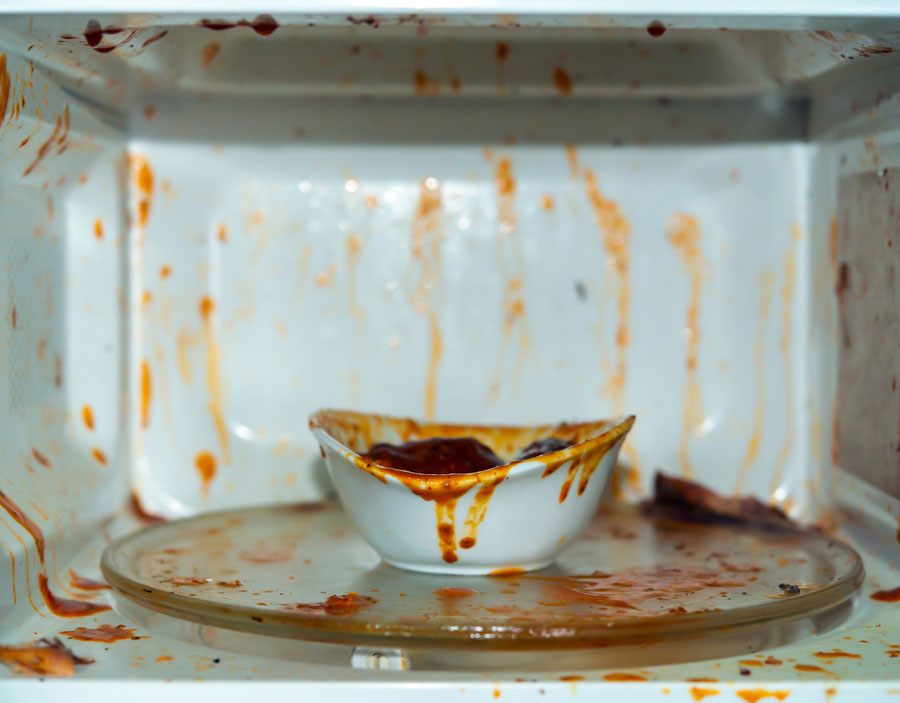
Are there any other commercial kitchen cleaning tasks?
We have outlined the most important commercial kitchen cleaning tasks, but there are other areas of your kitchen you should clean. This includes:
- Shelves
- Appliances
- Drains
- Seals and ducts
- Ventilation systems
The TR19 regulations explained
Kitchens are high-risk areas for fires and catering businesses must take steps to minimise the danger. It is believed that 70% of fires in commercial kitchens are due to faulty ventilation systems caused by a build-up of grease and poor commercial kitchen ventilation cleaning.
The TR19 regulations were introduced in 2005 to standardise duct and commercial kitchen ventilation cleaning in the UK. Catering businesses must follow these guidelines to prevent the risk of a fire spreading via the kitchen ventilation system.
Learn more about the TR19 regulations here: https://www.hse.gov.uk
Cleaning kitchen ventilation systems
Commercial kitchen ventilation cleaning is a crucial part of any kitchen cleaning programme. Duct and ventilation cleaning removes grease buildup and reduces the risk of a fire.
How often should ventilation systems be cleaned?
Ducts and ventilation systems in commercial kitchens must be professionally cleaned at least once every 12 months to comply with the TR19 regulations.
However, you should arrange professional kitchen cleaning every 3 months if your kitchen has heavy use according to guidance on deduct.com.
What is colour-coded kitchen cleaning?
Colour-coded kitchen cleaning is the process of assigning colours to different cleaning tools and equipment. This helps to prevent the spread of germs and reduces the risk of cross-contamination.
The British Institute of Cleaning Science (BICS) recommends using colour-coded cleaning equipment to maintain hygiene standards.
Example of colour-code kitchen cleaning
- Blue kitchen cleaning items – Used in low-risk areas where the risk of bacterial contamination is minimal.
- Green kitchen cleaning items – Used in public areas with a higher risk of contamination and exposure to bacteria.
- Yellow kitchen cleaning items – Used in food preparation areas where there is a higher risk of cross-contamination and infection.
- Red kitchen cleaning items – Used in high-risk areas such as toilets.
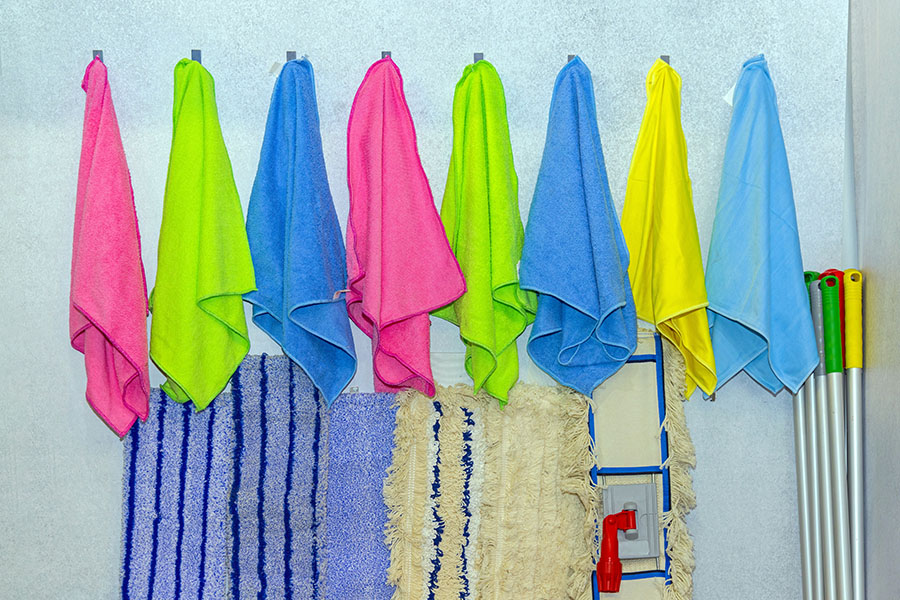
How often should I clean kitchen items?
You must clean a commercial kitchen regularly to remove germs and bacteria. Below is a general guide on how often you should complete essential commercial cleaning tasks.
However, keep in mind that these time frames will vary depending on usage and other factors.
Standard cleaning schedule for a kitchen
Hard surfaces and utensils: After every use
Floors: Daily and after a spillage
Sinks: Regularly throughout the day
Fridges/freezer: Once a month
Ovens/microwaves: Once a week
Ventilation sytem: every 3-12 months depending on usage
What is commercial kitchen deep cleaning?
Commercial kitchen deep cleaning differs from regular kitchen cleaning because it is more extensive and focuses on hard-to-reach areas.
These spots may be missed during your standard commercial kitchen cleaning schedule e.g. under appliances and on high shelves.
Professional deep cleaning
Professional deep cleaning will improve the sanitation standards in your commercial kitchen and improve your food hygiene rating. It will also reduce the risk of foodborne illnesses by removing germs and bacteria from hard-to-reach areas.
We recommend arranging commercial kitchen deep cleaning at least once every 6 months, although this should be more regular if your kitchen has heavy use.
What kitchen cleaning equipment do I need?
- Mop and mop bucket
- Dustpan and brush
- Cleaning cloths
- Sponge scourers
- Cleaning gloves
- Broom
- Duster
- Grill/oven cleaning products
- Multipurpose antibacterial cleaner
- Industrial kitchen floor cleaner
What is a food hygiene rating?
The food hygiene rating reflects the standards of hygiene in a catering business following an inspection by the local authority. The inspector checks that the business is complying with the relevant food safety laws and awards a food hygiene rating from 0-5.- 5 = very good
- 4 = good
- 3 = generally satisfactory
- 2 = improvement necessary.
- 1 = major improvement necessary
- 0 = urgent improvement necessary
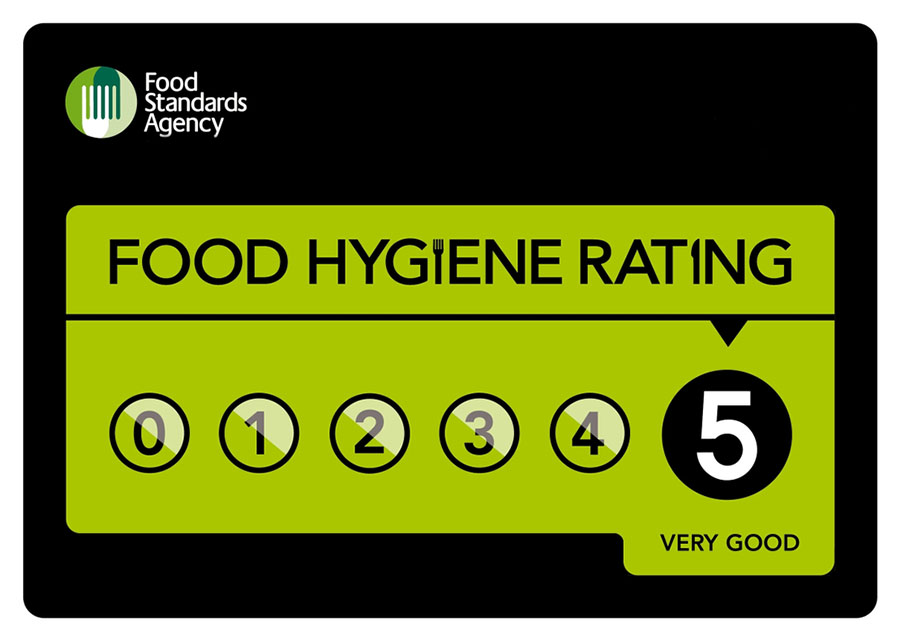
Importance of food hygiene rating
Displaying the hygiene rating sticker is voluntary in England but customers can easily find the food hygiene rating of a catering business by searching on ratings.food.gov.uk. Displaying a hygiene rating is good marketing for your catering business as it demonstrates that you meet the requirements of food hygiene law. If your rating is low, customers are likely to go to another catering business with a higher rating.Link between kitchen cleaning and food hygiene rating
Catering businesses that follow good commercial kitchen cleaning practices are more likely to be awarded a high hygiene rating when inspected. The quality of kitchen cleaning plays a key role in the rating that is awarded.How do I create a cleaning schedule for a kitchen?
Creating a cleaning schedule will make kitchen cleaning tasks a breeze and help you maintain the highest levels of hygiene in your catering business.
Benefits of a kitchen cleaning schedule
Routine kitchen cleaning will keep your environment hygienic and make your commercial kitchen deep cleaning a less daunting task. Create a kitchen cleaning schedule that works for your business and make a list of daily, weekly, and monthly cleaning tasks.
Make sure you stick to your cleaning schedule and stay on top of your industrial kitchen cleaning. If you struggle to complete the necessary kitchen cleaning tasks, you should consider outsourcing this responsibility to professional kitchen cleaners.
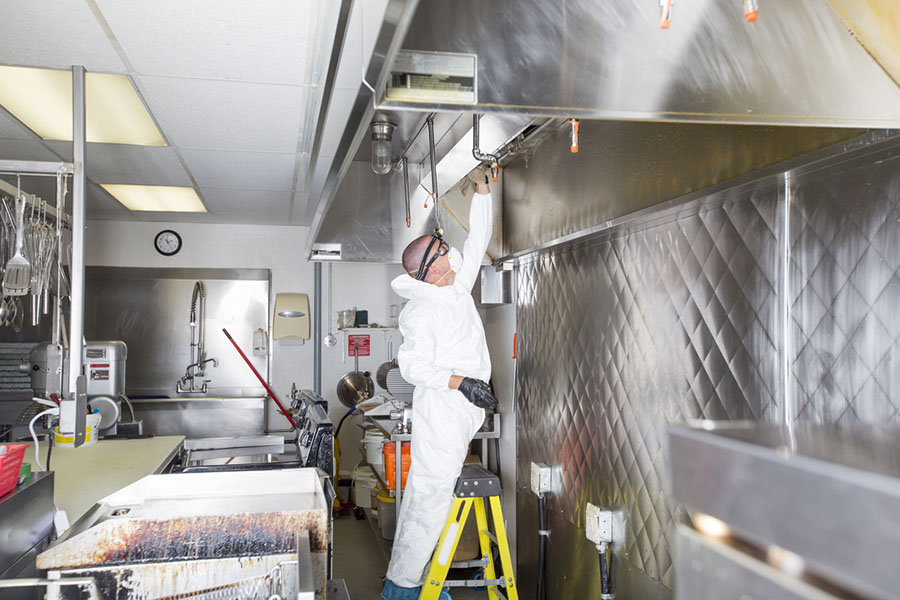
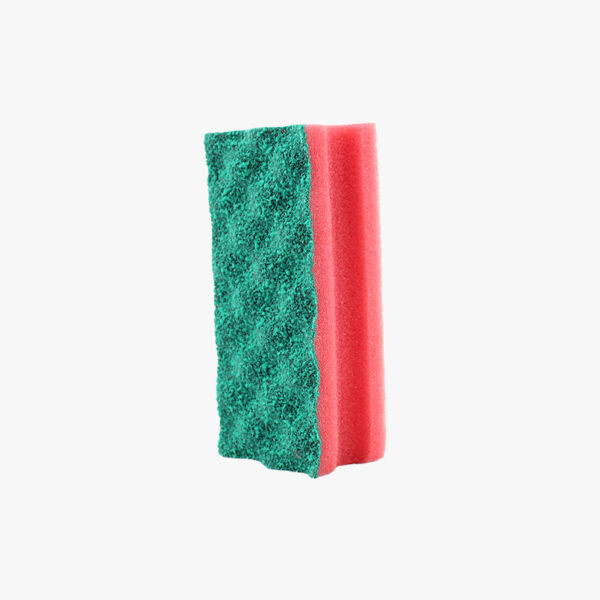
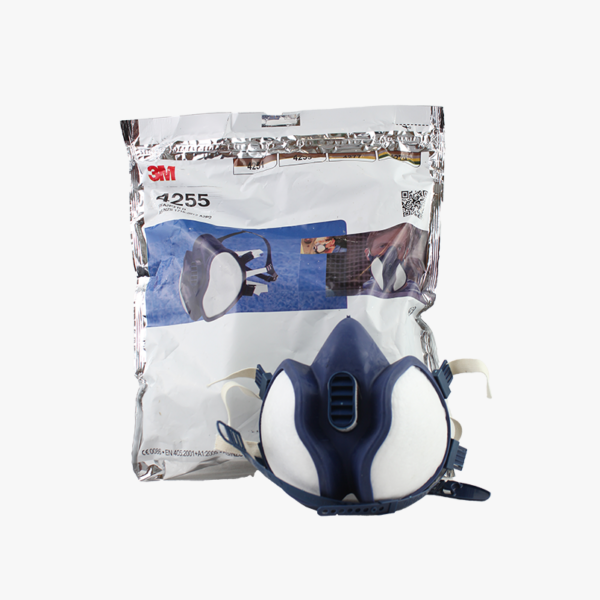
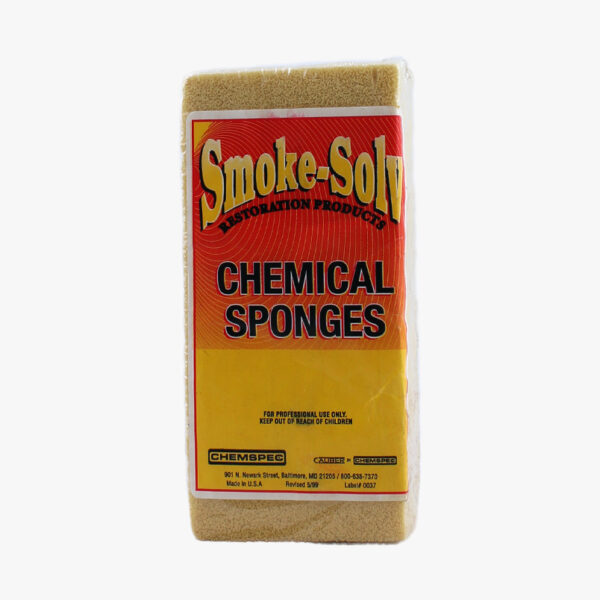
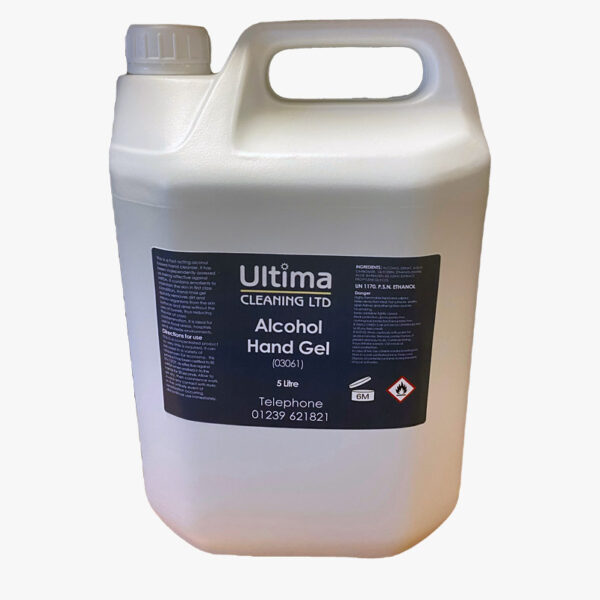
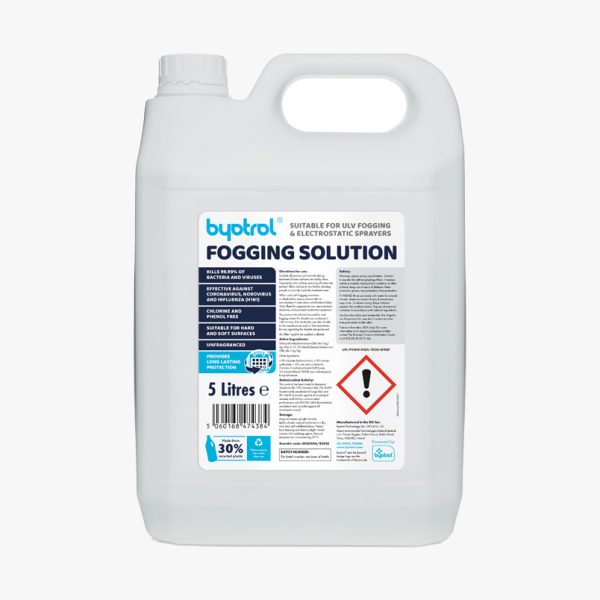
As someone who has several years of experience working in the food service sector, I cannot overstate how crucial proper commercial kitchen cleaning is. Anyone wishing to keep their commercial kitchen immaculate and hygienic will find this thorough guide to be a great resource. The idea of colour-coding kitchen cleaning to maintain hygiene and avoid cross-contamination was really appealing. Overall, this comprehensive guide to commercial kitchen cleaning provides insightful analysis and useful advice for maintaining a spotless kitchen.